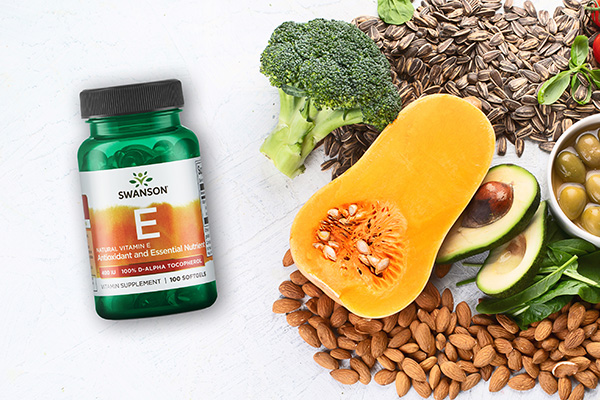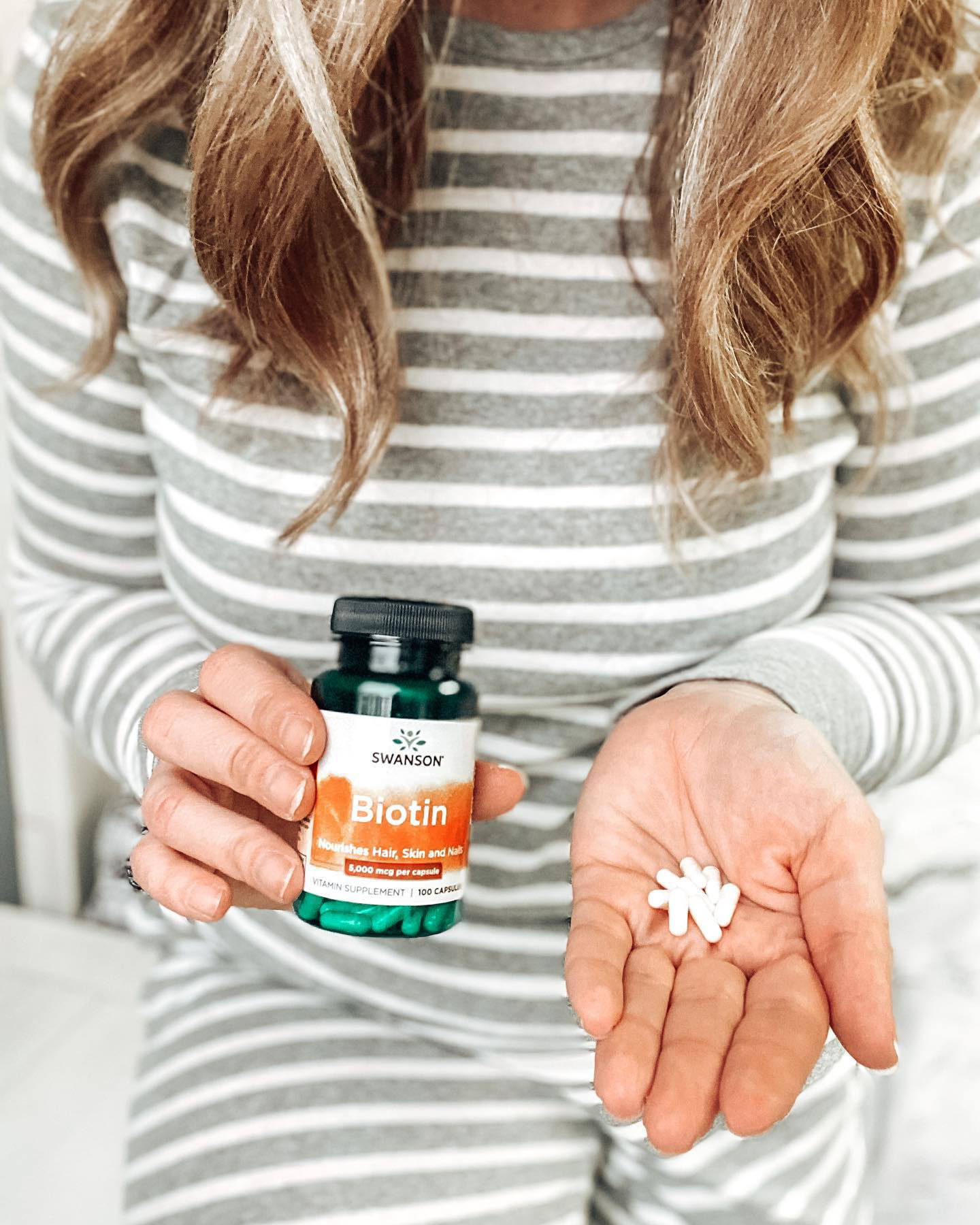The Best Times to Take Your Vitamins and Supplements
Did you take your vitamins today? That seems like a simple, straightforward question, but as you probably know, correct supplementation can sometimes feel like an elaborate affair. Not only are there tens of thousands of vitamins, supplements and combination formulas to choose from on the market, once you finalize your regimen, you need to plan out exactly when you're going to take them for maximum benefit.

How you take your supplements can be just as important as what you take. Not all supplements are absorbed the same way, with some being water-soluble, for example, while others are fat-soluble.
For example, if you're a bodybuilder, you want your amino acid supplements (lysine, taurine, etc.) to work quickly and deliver maximum results to complement your hard work in the gym. So, what do you do? If you take them on an empty stomach they may be directly absorbed into your bloodstream, bypassing the intestines altogether, but if you were to take those same amino acid supplements with a meal, your normal digestion process may take over and slow down absorption1 and increase the likelihood that they’d simply be excreted as waste instead of being used.
But that advice doesn’t hold true for all supplements, as wonderfully simplistic as that would be. And food isn’t the only variable you need to consider when deciding how and when to take your supplements.
Let’s clear up some confusion with a few simple rules.
Best Time to Take Vitamins and Supplements: Morning or Night?
When it comes to timing supplements during the day, it’s best to look at the directions and take notice of any supplements that should be taken on an empty stomach or at specific times of the day. It’s important to follow those recommendations unless your doctor or health care provider has stated otherwise.
SAM-e, for example, doesn’t require food to be assimilated but taking it without food may upset your stomach.2 Melatonin is also supposed to be taken on an empty stomach with water, but it should be taken at night since melatonin helps support healthy sleep. It's also important to make sure you're taking an appropriate dosage of melatonin for your age, body weight, etc.
Most multivitamins should be taken with a meal. That’s because many vitamins, like A, E, D and K aren’t absorbed as well if they aren’t taken along with fats or oils.2 Amino acids should usually be taken on an empty stomach for maximum absorption,1 but taking them in the morning just for the sake of an empty stomach may not always make sense. In this case, the timing of morning, noon or night doesn’t matter as much as if you should take it with or without food.
Should I Take Supplements With or Without Food?
Your best bet is to follow the directions on the label of each supplement you take, and separate the “with food” supplements from the “without food” supplements to avoid confusion.
If the directions say to take a supplement with water, this generally means that it's water soluble and would be best absorbed and metabolized if taken with a glass or bottle of water on an empty stomach. The important thing is that you take it with enough water to get it down.
Most herbal supplements will fall into this category because your body recognizes natural herbs as food and will digest them as such. If the directions say to take the supplement with water on an empty stomach, as in the case of amino acids, follow those directions carefully and don’t take them with food. Take them at least 30 minutes before a meal or at least two hours after eating.
Sometimes directions for one brand will conflict with that of another brand. For example, the directions for one glucosamine supplement may say to take it with water, but another will say to take with water and food. This usually happens when a supplement has been known to cause stomach upset when taken with water only. In that case, trust your gut (literally).
Should I Take Supplements Before or After Exercise?
Whether it's for weight loss, muscle building or general cardio fitness, there's a reason you go to the gym. If you take supplements specifically designed to support those efforts, it’s important to know what to take and when.
After all, why wouldn’t you want to maximize your endurance, strength and fat burning during your workout?
For energy supplements like caffeine or green tea, try to take those about an hour before you begin exercise. Whey protein powders, shakes and other supplements that provide fuel for your muscles, like creatine and BCAAs, can be taken about 15 minutes before exercise.
After workouts, you may want to fuel those muscles once again. Whey protein is great both before and after workouts. You could also consider adding a protein that digests more slowly to optimize post-workout recovery.
Can I Take All My Supplements Together?
The rules for when to take most supplements are not hard and fast. It depends on what you take, how much you take and why you take it. Experts say your best bet is to carefully read the directions on the supplement labels and do some of your own research on the specific nutrients you take.
Some supplements may interact negatively with other nutrients. In those cases, you will need to space things out. And it isn’t just supplement-to-supplement interactions you’ll need to consider. Some supplements also interact with prescription medicines. Calcium, for instance, may affect how your body absorbs some medications.3
You’ve decided to take more control over your health by supplementing your nutrition, and that’s a great first step! Now you need to educate yourself about how those supplements work so you can get the most out of your nutritional regimen, get the timing right and make sure you're taking them in the safest way possible to limit any potential side effects or interactions.
Want to learn more about healthy vitamins and supplements? Check out the Amazing Alphabet Vitamins: The Six Vitamins You Need to Know, Soak Up the Goodness with Water-Soluble Vitamins and Real Food: A Revival or Revolution?

About Lindsey Toth, MS, RD
Lindsey is a nationally recognized registered dietitian and nutritionist with a soft spot for ice cream. She empowers people to take charge of their health by finding the balance between the pleasure and nourishment in food. Her philosophy is that you should take care of your body because it’s the only permanent home you have. It’s what inspired her to pursue a career in nutrition.
*These statements have not been evaluated by the Food and Drug Administration. These products are not intended to diagnose, treat, cure, or prevent any disease.
Sources
1. Must I Take Amino Acid Supplements on an Empty Stomach? ConsumerLab. Read source
2. Which Supplements Should be Taken with Food? ConsumerLab. Read source
3. Calcium. Mount Sinai. Read source



